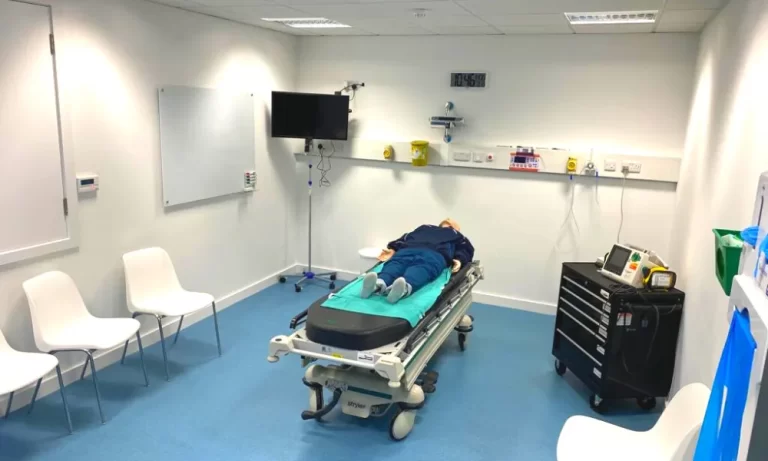
Setting goals is easy, but staying motivated can be challenging. Monitoring your advancements can fuel your motivation and increase your chances of success. There is a biological mechanism in our brains that responds positively to progress. When we see tangible evidence of our efforts paying off, we release dopamine, the feel-good neurotransmitter.
Clarity and focus
Tracking progress helps clarify your goals and keeps you focused. When caught up in day-to-day tasks, it’s easy to lose sight of the bigger picture. This renewed focus can reignite your enthusiasm and determination.
Celebrating small wins
Progress tracking allows you to recognize and celebrate small victories along the way. These mini-celebrations can be incredibly motivating, and each small win builds momentum and confidence.
Identifying obstacles
You can more easily spot roadblocks or areas where you struggle when you track your progress. This awareness lets you adjust your strategy or seek help when needed. Overcoming these obstacles becomes part of your progress, further boosting your motivation.
Accountability
Tracking progress creates a sense of accountability. Whether you’re sharing your progress with others or just keeping track of yourself, recording your advancements makes you more likely to follow through. It’s harder to make excuses when you have concrete data in front of you.
Visualizing success
As you track your progress, you visually represent your journey. This can be incredibly powerful, as it’s a tangible reminder of your capabilities and potential.
Adjusting goals
Progress tracking helps you assess whether your goals are realistic and achievable. It might be time to adjust your expectations if you consistently need to catch up. On the flip side, if you surpass your goals easily, you might need to set more challenging ones. This flexibility keeps you motivated and engaged.
Building habits
Consistent progress tracking can become a habit in itself. As you get used to monitoring your advancements, it becomes a natural part of your routine. This habit reinforces your commitment to your goals and keeps you consistently moving forward. Everyone experiences plateaus – periods where progress seems to stall.
Personalizing your approach
There’s no one-size-fits-all method for tracking progress. Some people prefer detailed spreadsheets, while others might use a simple journal. Experiment with different approaches until you find one that feels motivating and sustainable.
Learning from setbacks
Progress isn’t always linear. Tracking your progress allows you to learn from these challenges. You can identify patterns, understand what led to the setback, and use that information to improve your approach moving forward. Your self-confidence grows as you track your progress and see your improvements over time.
Staying present
Tracking your progress is essential to staying present in your journey. Focusing on your current work will help you remain grounded in the present moment, where genuine change occurs.
Creating a feedback loop
Tracking progress creates a positive feedback loop. As you see your advancements, you become more motivated. While not directly related to progress tracking, it’s worth noting that factors like how to get anavar price can impact motivation in specific fitness contexts. Tracking progress has been proven to be one of the most powerful tools for boosting motivation.
It provides clarity, encourages a sense of accomplishment, aids in overcoming obstacles, and builds self-esteem. It is important to remember that the journey is just as important as the destination, and by tracking your progress, you will be able to appreciate every step along the way.






